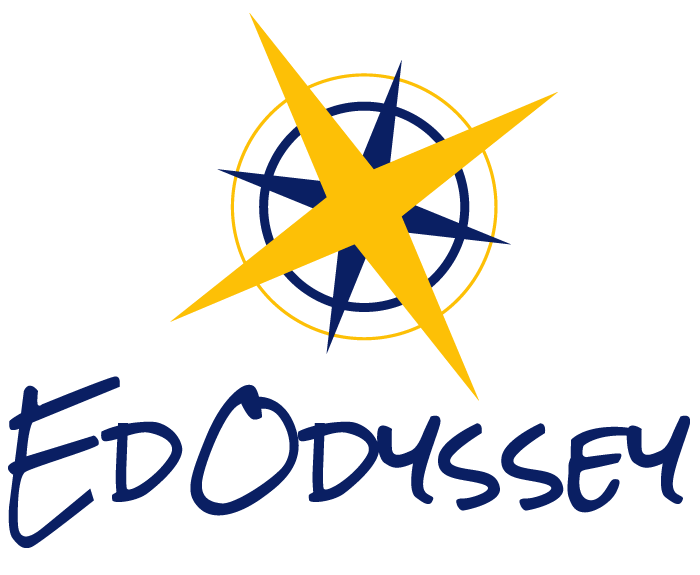How Medical Spanish & Latinx Patient Knowledge Supports Healthcare Students & Professionals
Learning medical terminology in Spanish will help you serve others to ensure their health and safety. Multilingualism is becoming increasingly recognized as vital within healthcare and fields requiring professionals to understand medical needs of hispanic populations.
This program on the Latinx Patient: Spanish and Culture for Healthcare will provide participants with necessary cultural and language skills. These skills will make them more impactful in the field of medicine and healthcare in the future, as well as the means to become more invaluable to your peers and your organization.
Continue reading to learn more about how this program can play an integral role in your future medical-related career and contributions to improving health care for all people, particularly the Latinx community, in the United States.
MULTILINGUALISM IN HEALTHCARE
The World Health Organization has a page on their website that is dedicated to the importance of Multilingualism, and reads: “Multilingual communication bridges gaps and fosters understanding between people. It allows WHO to more effectively guide public health practices, reach out to international audiences, and achieve better health outcomes worldwide. In this way, multilingual communication is an essential tool for improving global health.” (World Health Organization)
The WHO is dedicated to pursuing a continuous Multilingual Action Plan to make materials and information more accessible to people who need them around the world. EdOdyssey echoes this vital global need for multilingual healthcare and resources. Specifically in the U.S., there is a need for Spanish-speaking healthcare professionals capable of supporting the growing hispanic population.
In our Latinx Patient: Spanish and Culture for Healthcare program, you’ll increase your Spanish-speaking confidence and you’ll engage in conversations with Peruvian teachers and medical interpreters. One day, you too can work to support hispanic populations in the U.S., and work toward better health outcomes nation-wide.
MEDICAL SPANISH: A CAREER BOOST
This program is about both helping YOU become the best version of yourself, and positioning you to best serve OTHERS in the future. Below are three key ways in which the Latinx Patient: Spanish and Culture for Healthcare program will give you tangible career boosts for the future.
Stand Out Amongst Your Peers: Become a standout applicant for internships, jobs, or volunteer opportunities. The completion of this program and the earning of a certificate from El Sol Spanish Language School in Lima, Peru, will demonstrate to future employers that you took the effort to go beyond the required academic path, and that you can bring a unique and highly needed cultural competence to the workplace.
Prepare Now For the Future: As you learn medical terminology now, you will gain knowledge that you can use through your healthcare career. You will not have to cram additional language learning on top of rigorous medical school or health professions schooling in the future. Plan ahead and work smarter, not harder.
Wider Range of Job Opportunities: You will be able to serve a larger range of people. Linguistic and cultural competency will likely expand the range of your potential future job opportunities. Some communities, particularly those with high Spanish-speaking immigrant populations, will be specifically looking for bilingual physicians and healthcare professionals.
BEING A BETTER PATIENT ADVOCATE
When you have a more advanced medical Spanish vocabulary and cultural understanding, you will enhance your ability to serve the growing latino population in the United States. You will be well positioned to help people feel understood and cared for while receiving high quality healthcare. Additionally, you will avoid miscommunications with native Spanish speakers.
Beyond solely the language component, your newly gained context of common illnesses and trends among hispanic and immigrant patients will help you better serve and advocate for patients. As you gain more cultural and linguistic knowledge, your background will serve as a crucial step to bridging communication gaps between patients and healthcare professionals.
Your knowledge learned through Medical Spanish will put you in a better position to play a more impactful role in the outcome of someone’s medical care.
FEELING OF FULFILLMENT
When your skills learned during this course are put to the test with actual patients, an immense sense of fulfillment will likely follow. By putting in the upfront hard work to learn the vocabulary and cultural knowledge, you have positioned yourself to best serve others who may otherwise lack proper care due to their lack of English language proficiency.
Doctors, nurses, administrators, volunteers, researchers, social workers, psychologists, and healthcare workers alike all can better care for their patients by helping them feel heard and understood. Throughout medical related fields, the rising need for practitioners and professionals who speak both English and Spanish will be accompanied by the need for these people to possess cultural knowledge, or direct experience, surrounding Latino communities.
The diverse U.S. population calls for a healthcare field which cares for and supports people of all backgrounds and English proficiencies. This course will position you not only for personal success within the healthcare field, but also to better serve vulnerable communities that need you most.



